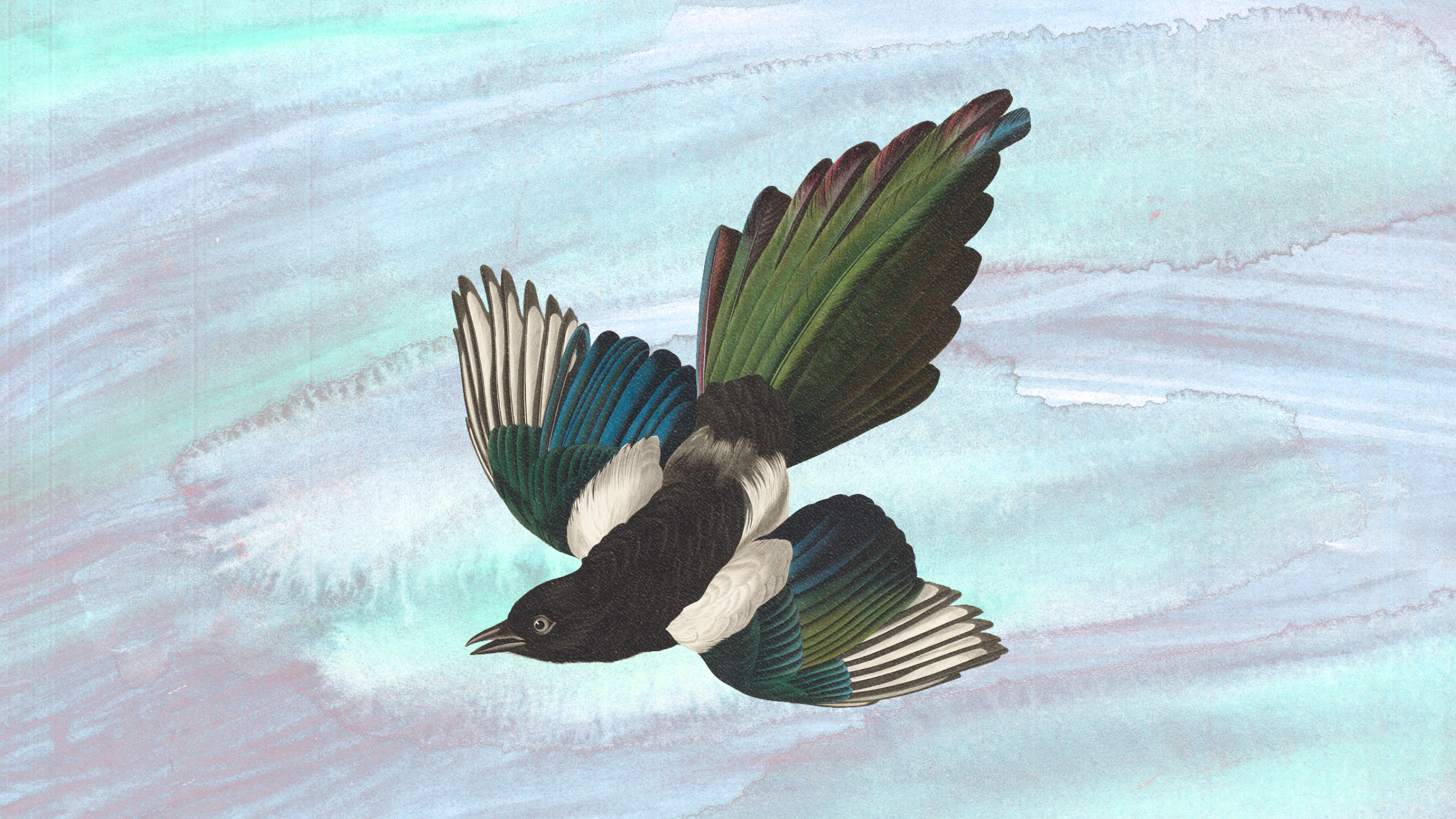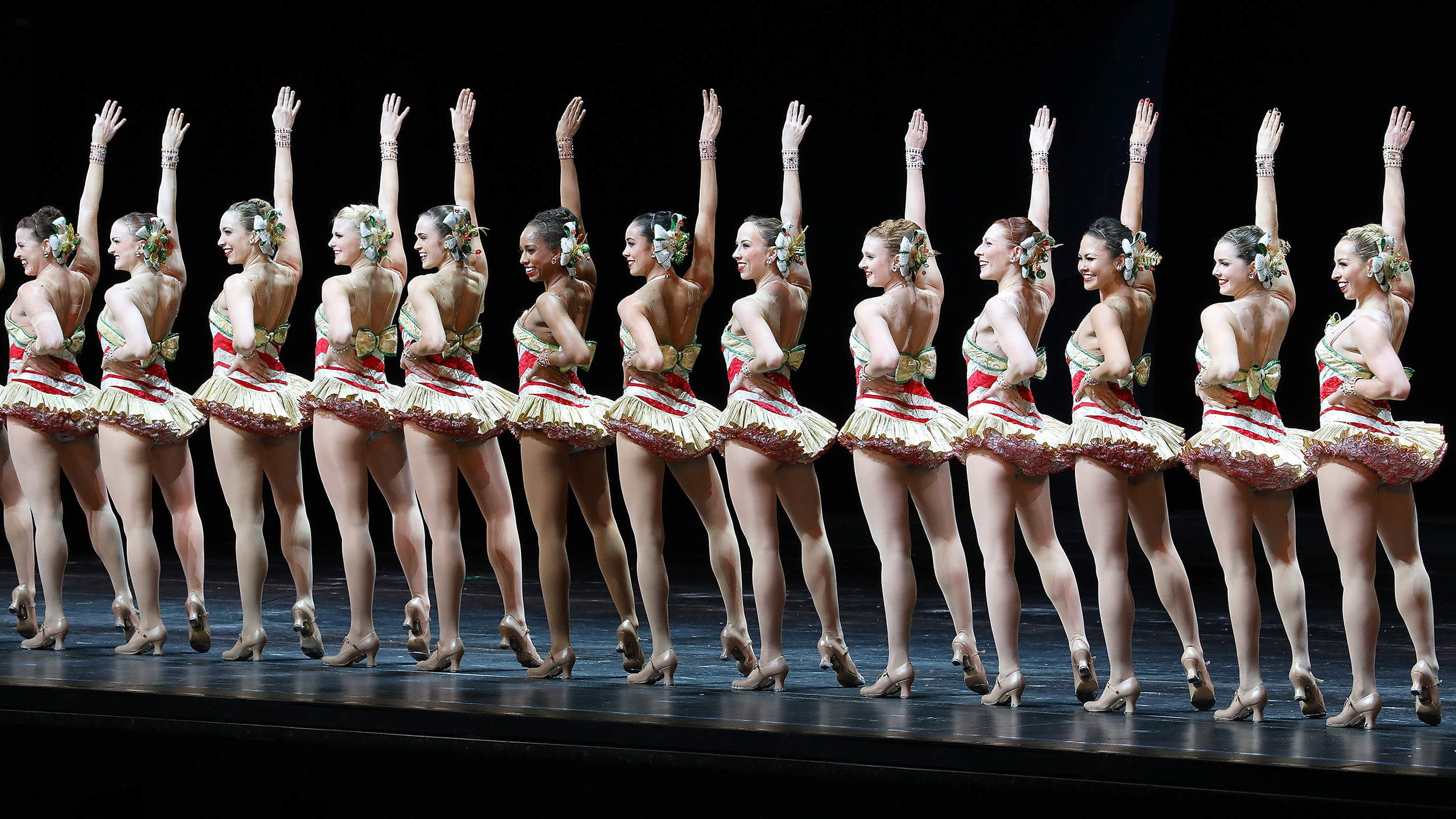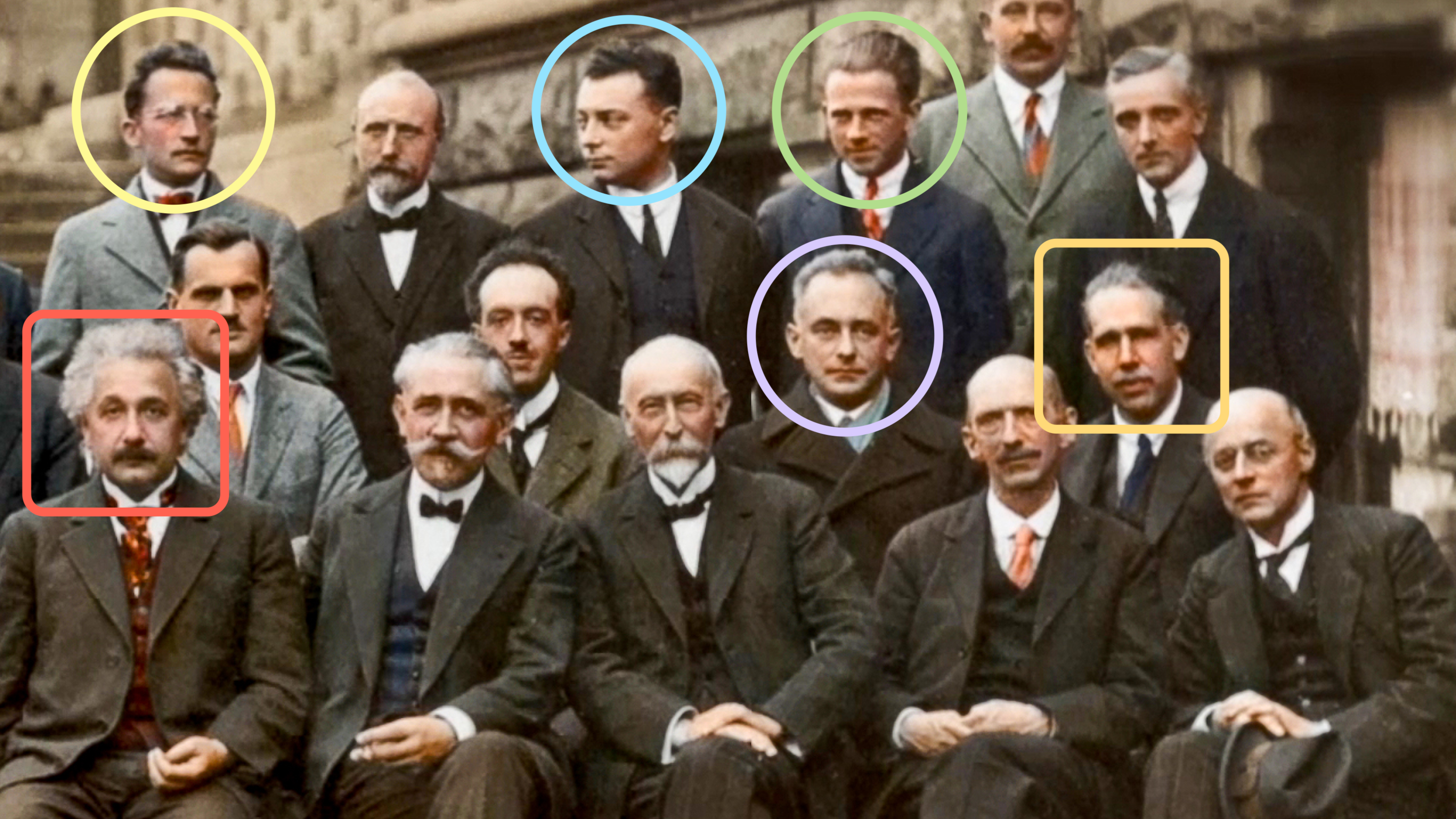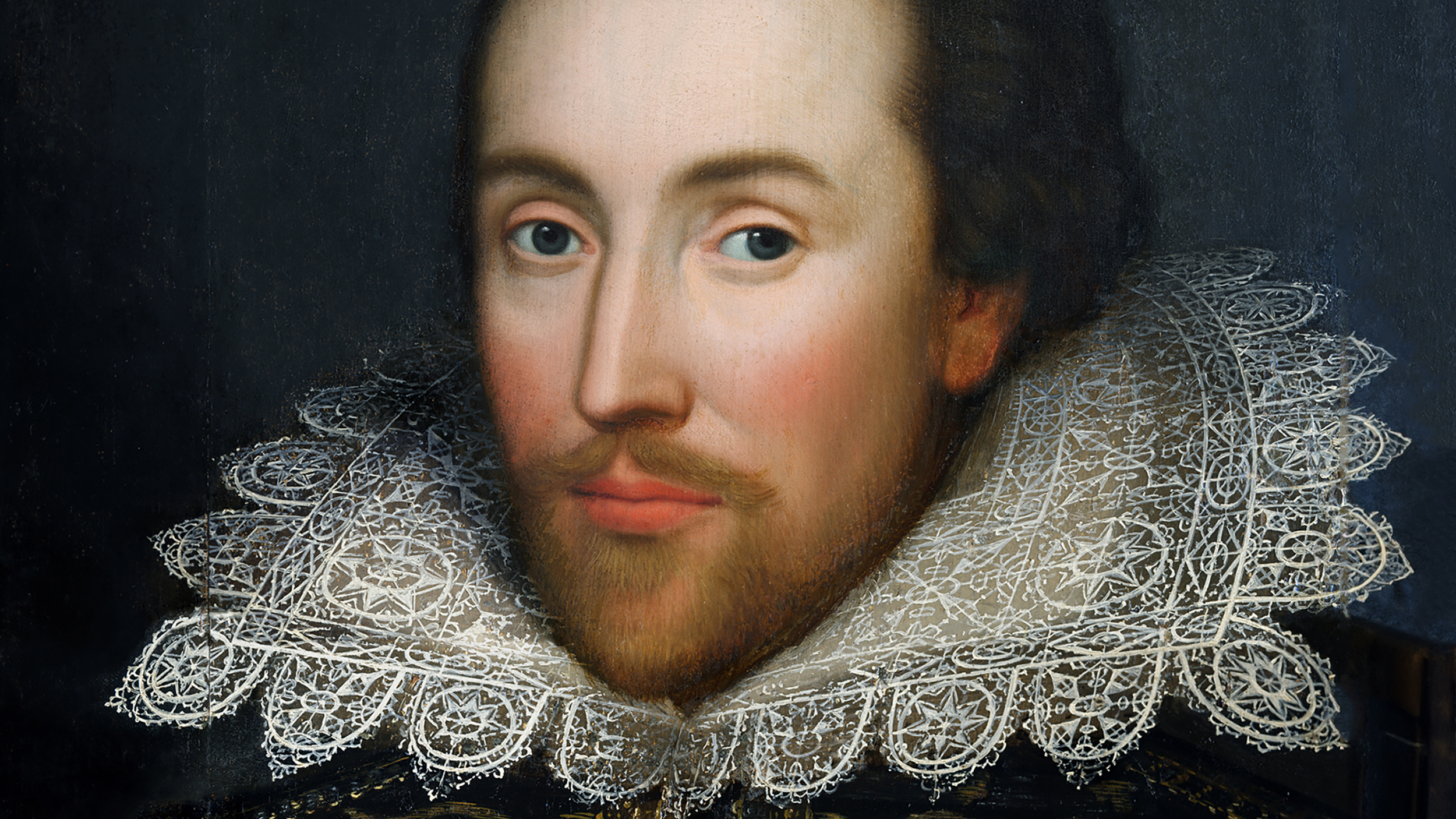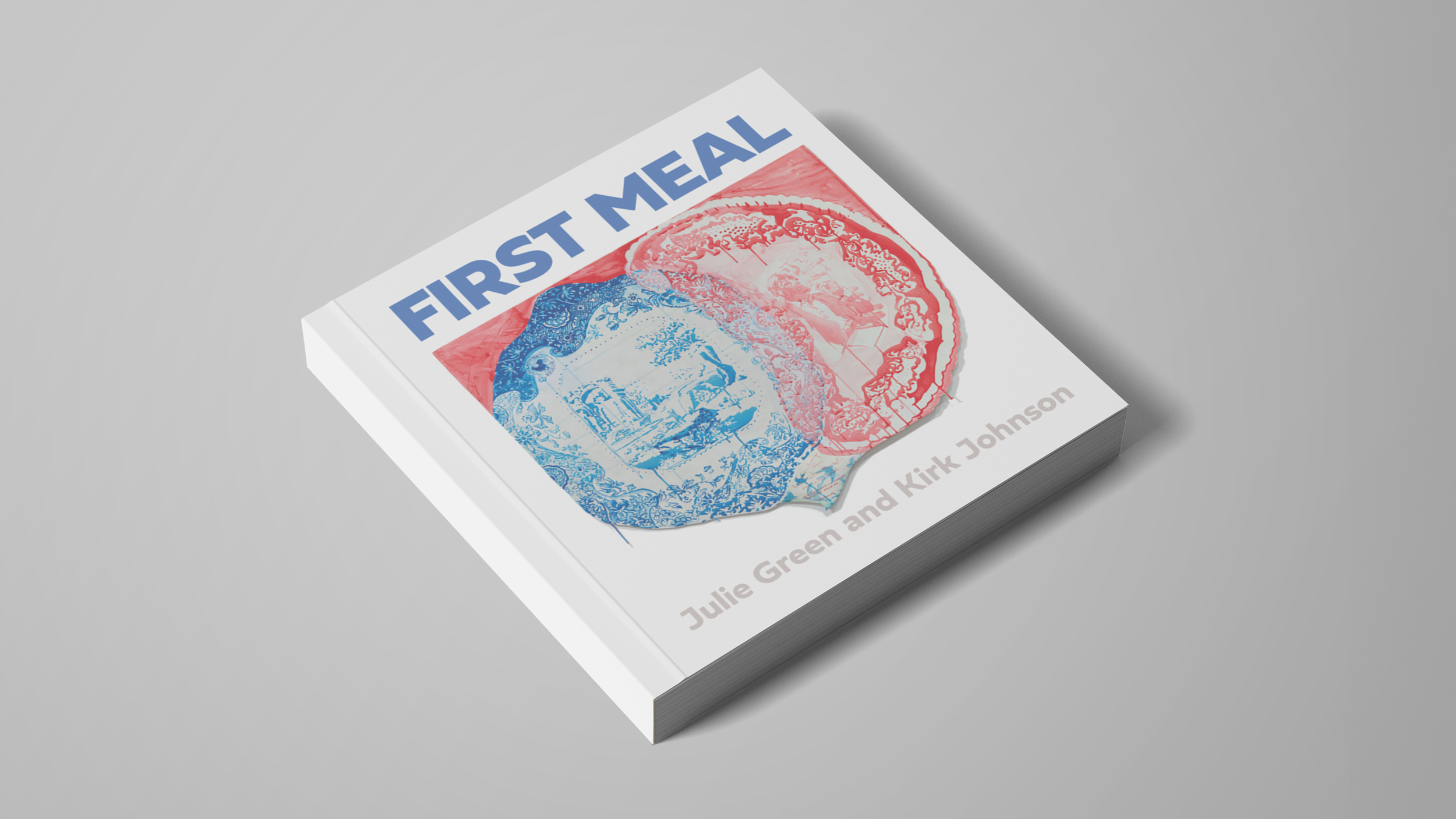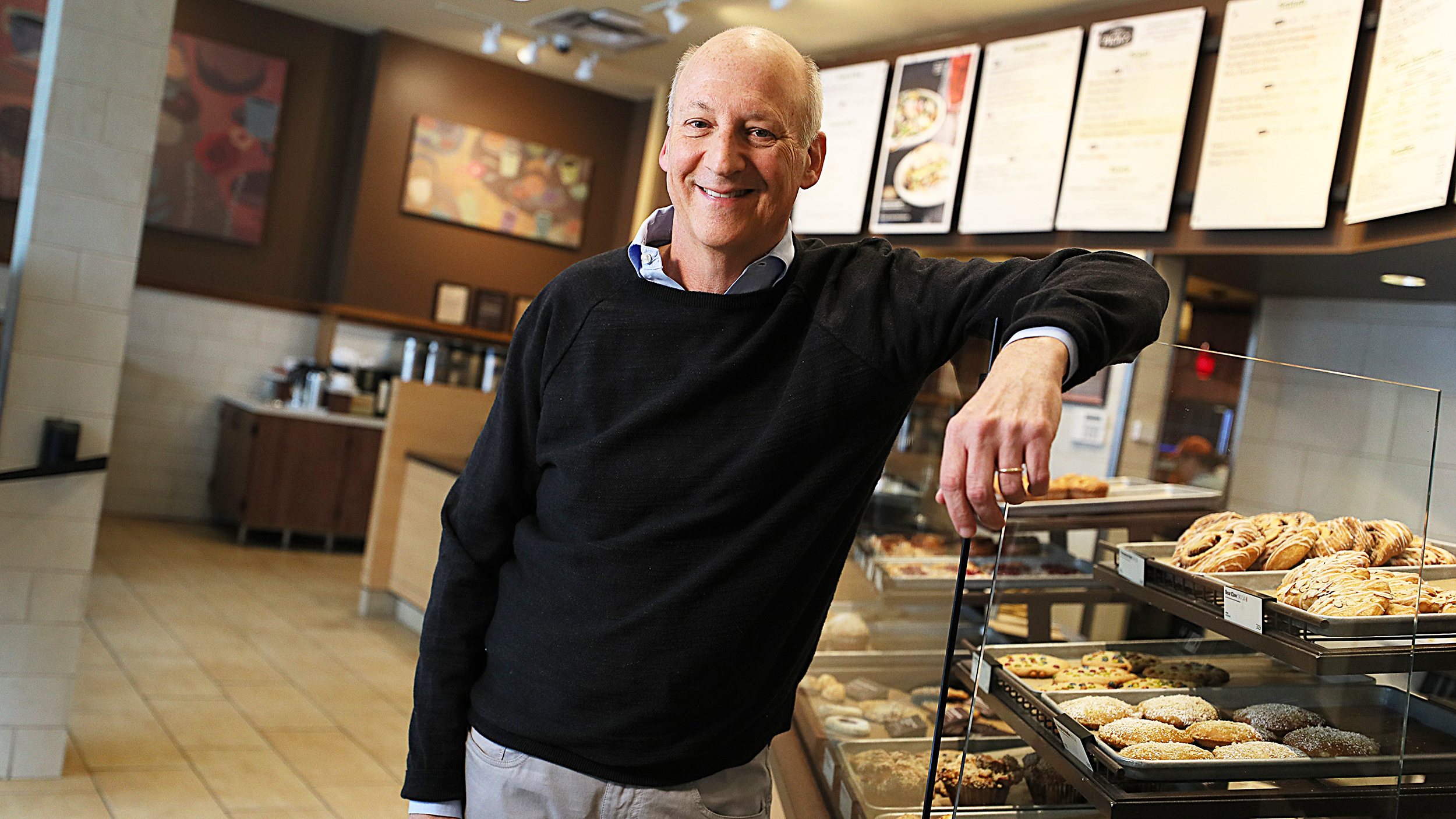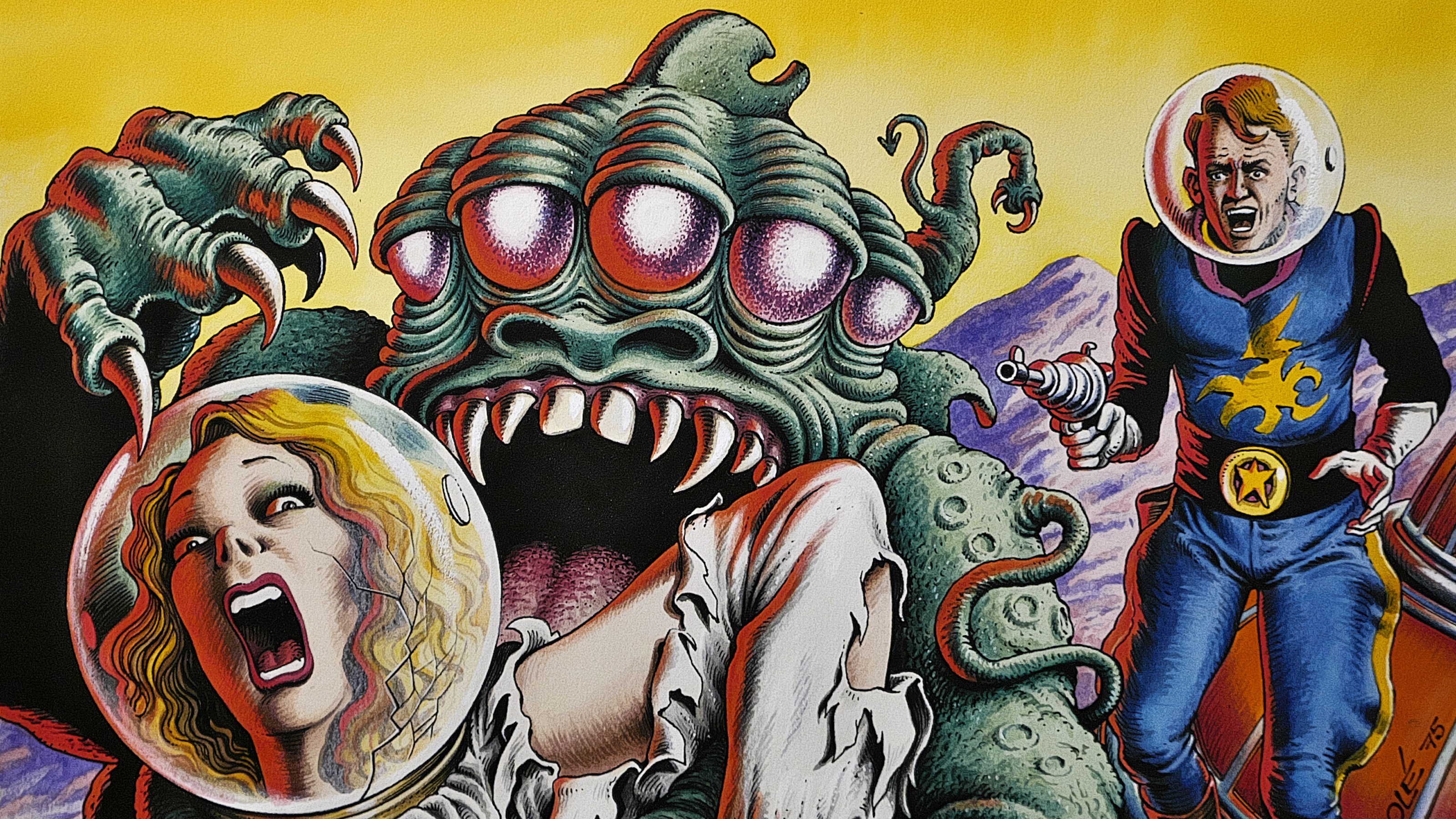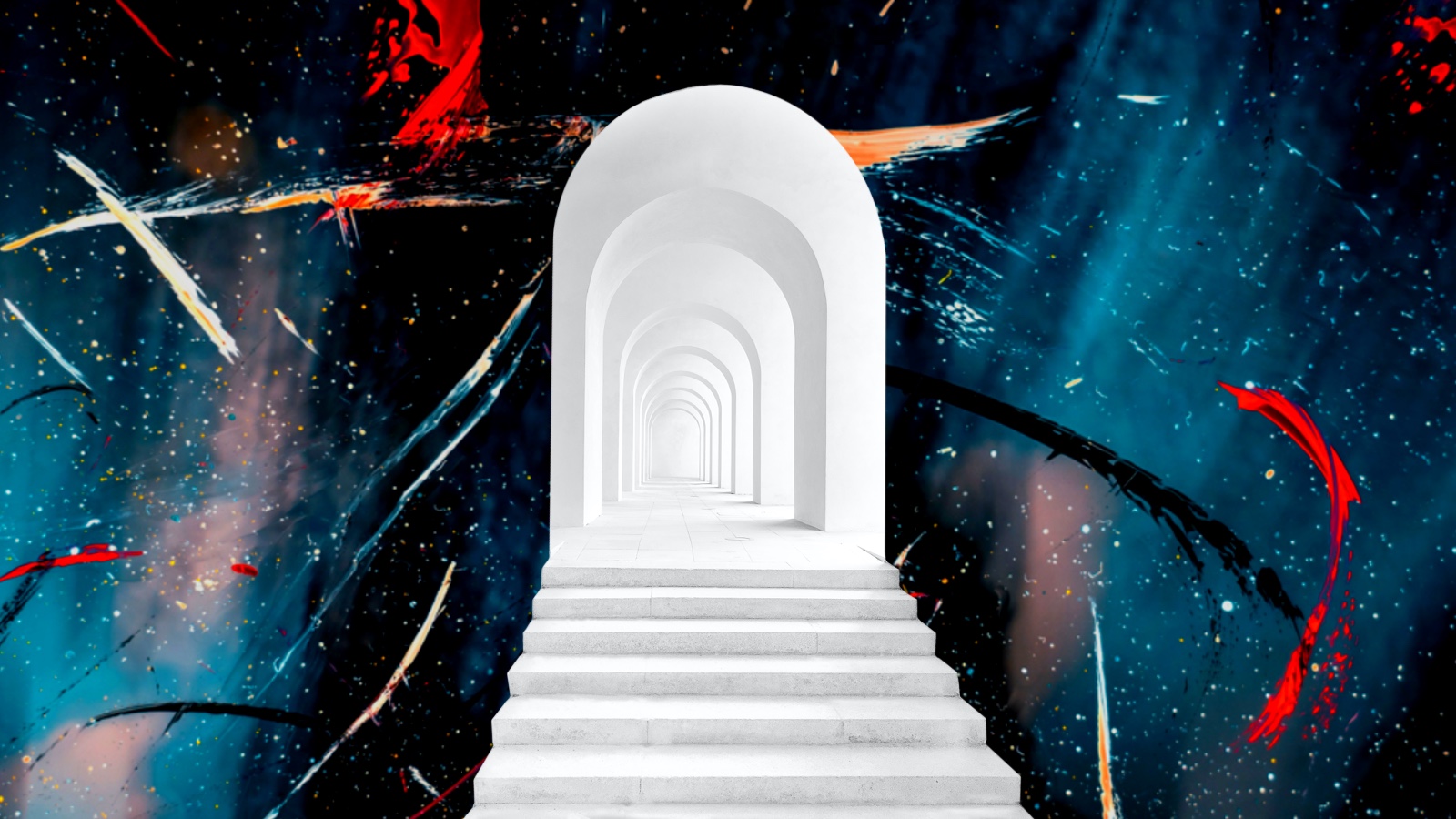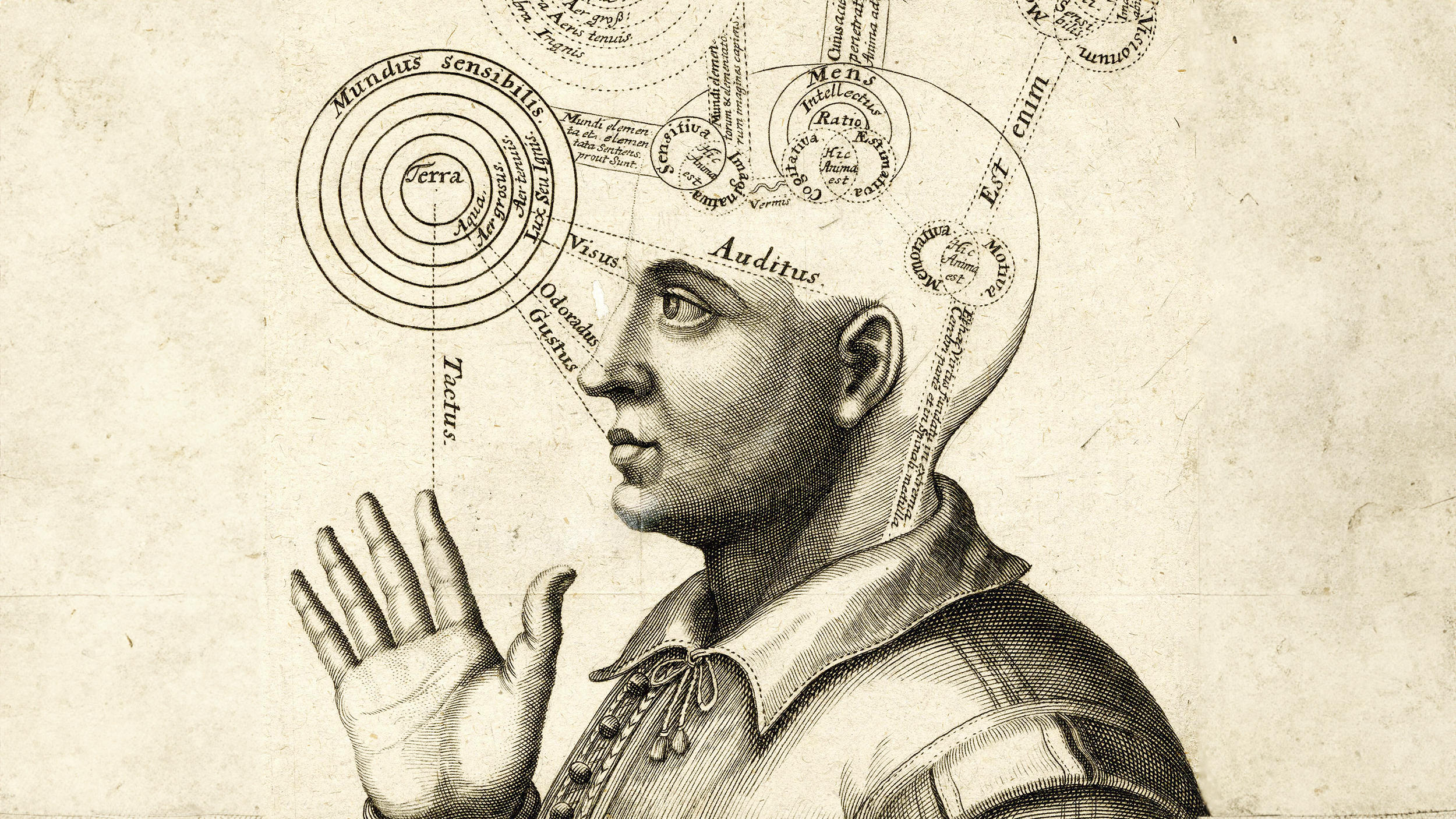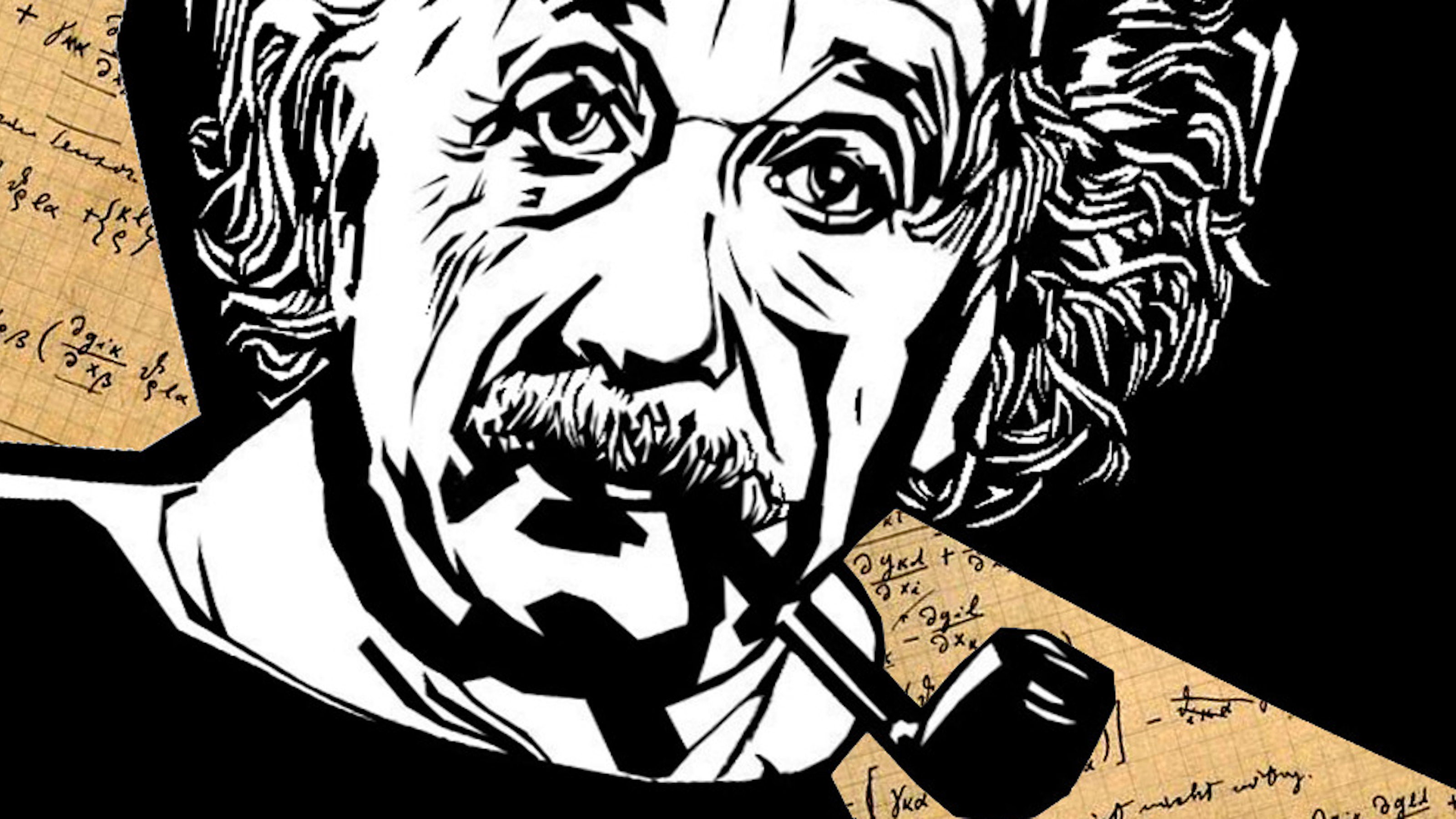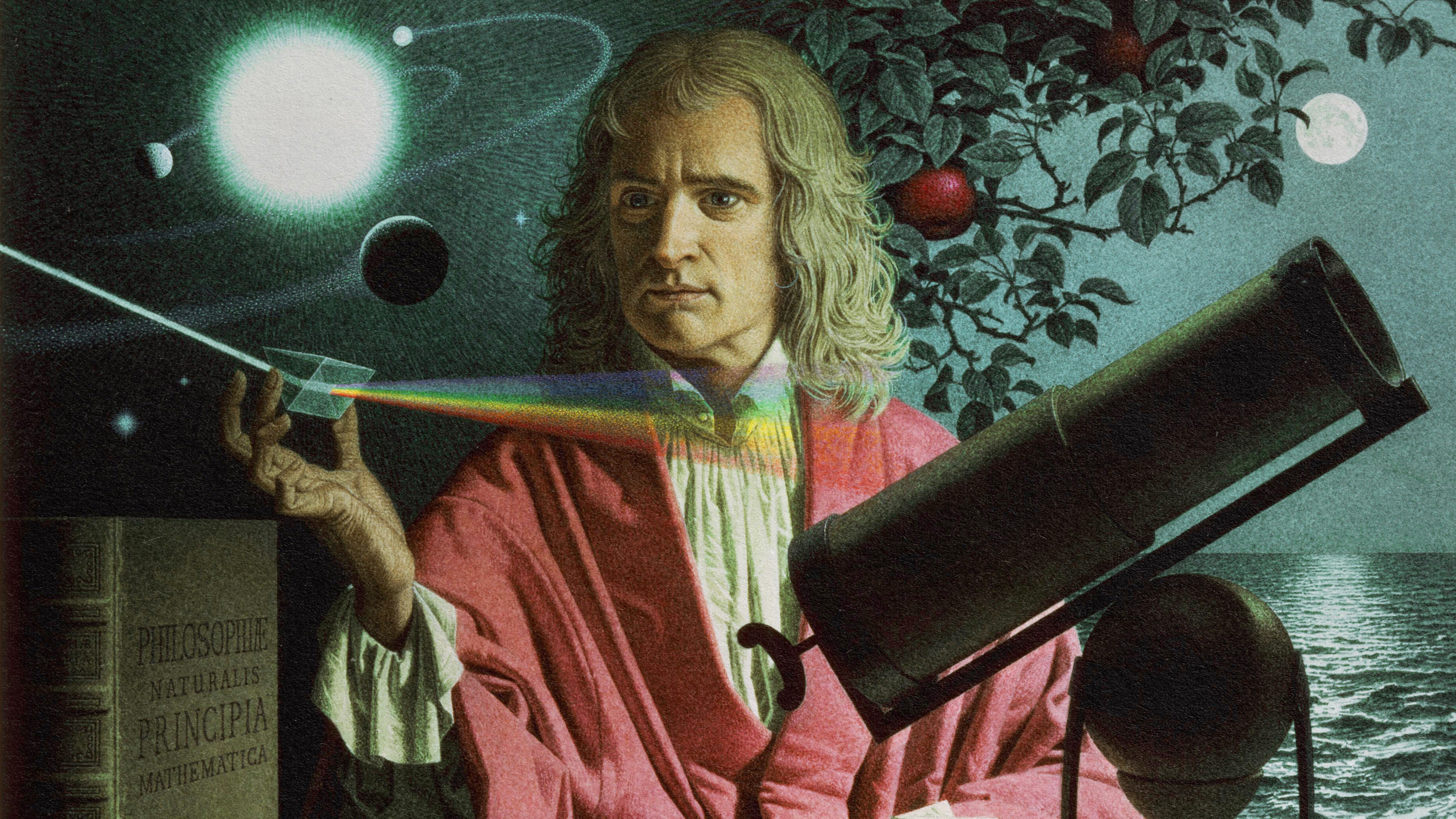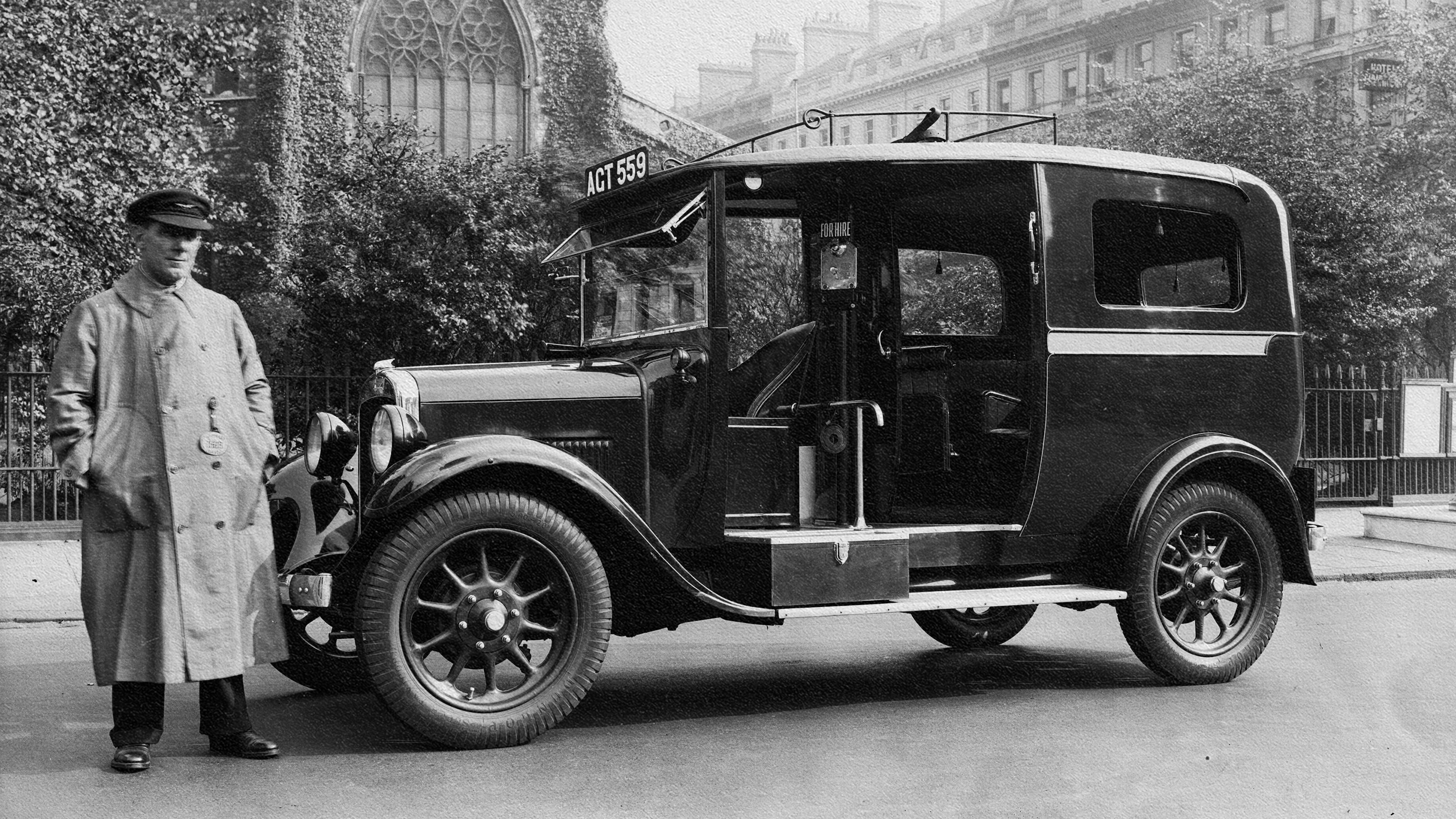books
Visionaries from Socrates to Steve Jobs have touted curiosity as an essential quality. Here’s how to supercharge your spirit of inquiry.
Really smart people don’t just demand intellectual engagement — they need the opportunity to learn and create something special.
An influential series of books argues that the history of the world is the history of generations. Is it right?
Your brain is not an obsolete piece of technology. Once properly trained for learning, it’s your ticket to navigating the AI landscape.
Borrow the same technique that produced McDonald’s, the Hawaiian pizza, the Beatles’ greatest hits, and Shakespeare’s rhetorical flair.
See the world through the eyes of a horse — or a cake pan.
The pursuit of excellence is a noble goal — but constantly having to prove your self-worth can derail your plans for success.
We need a hypothesis that accounts for both the fine-tuning of physics for life but also the arbitrariness and gratuitous suffering we find in the world.
The combined intellectual heft of multiple “big thinkers” delivered arguably the most successful scientific theory in history.
To break “analysis paralysis,” reduce the number of available options — and introduce an element of chance.
Every successful leader can mine golden knowledge from the works of the Bard.
Through humility, the old arrogance of infallibility crumbles. And in that there is genuine hope to prevent wrongful convictions.
Every opportunity seized is another lost — but not choosing is the worst choice of all.
“If we find just one other example of biology out there, then life is not an accident.”
Quarterback Tom Brady was initially overlooked by NFL scouts, but he had vast hidden reserves of character.
A true scientific view of if, where, and when extraterrestrial life exists is within our grasp thanks to biosignatures and technosignatures.
“To take this in, you need to ride inside the mathematical symbols.”
Neural imaging has shown that the brain has “decided” what we’re going to do before we make a conscious choice — but is this even relevant to free will?
The father of relativity understood that “not everything that counts can be counted” — as do today’s most impactful leaders.
He is only out-sold by William Shakespeare and Lao Tzu.
From fearless quitting to redefined values, “Virtual Natives” are reinventing work culture.
Times of crisis tend to produce “hard” leaders, but — driven by Generations Y and Z — a softer leadership style has taken root globally.
So many of the conditions for a sale or IPO are outside your control — which is why preparation is everything.
AI-powered voice technology is poised to revolutionize the ways we do business.
Artificial general intelligence will not arise in systems that only passively receive data. They need to be able to act back on the world.
The smartest person in the world was Isaac Newton, a true polymath whose brilliance never has been, nor ever will be, surpassed.
The world’s “most produced living playwright” wins out over other contestants, including Salman Rushdie and Margaret Atwood.
If you want to achieve new goals, harness your brain’s ability to change chemically, structurally, and functionally.
Step 1: Don’t solve the wrong problem.
There’s nothing like the end of the world to make you a philosopher.




